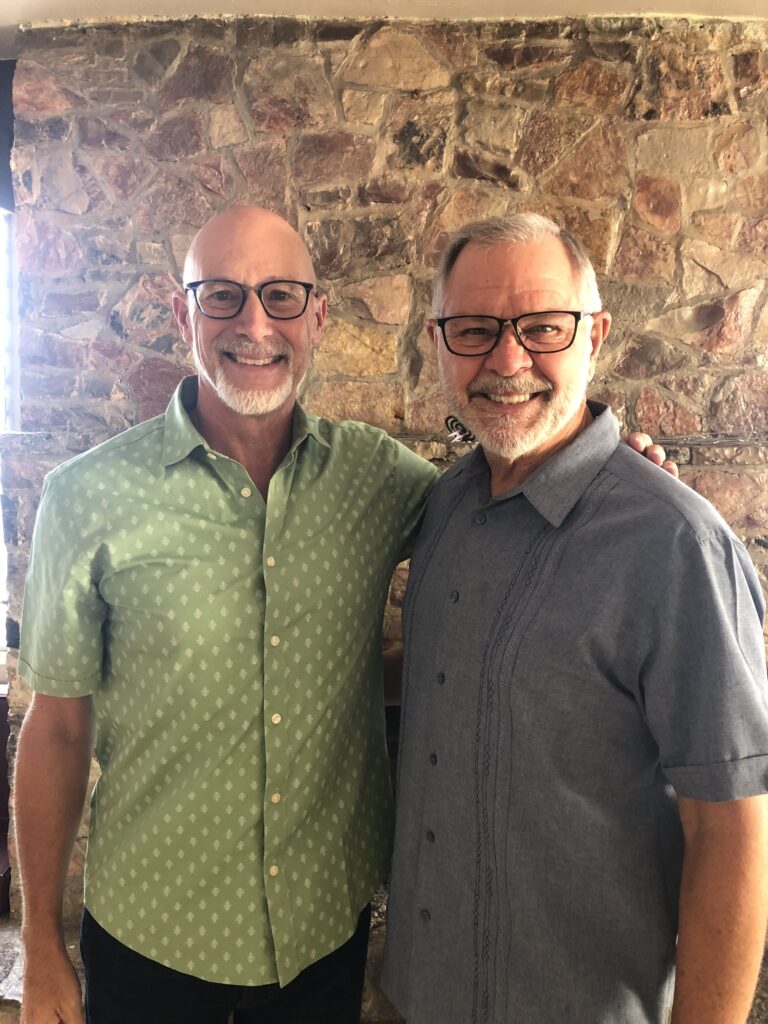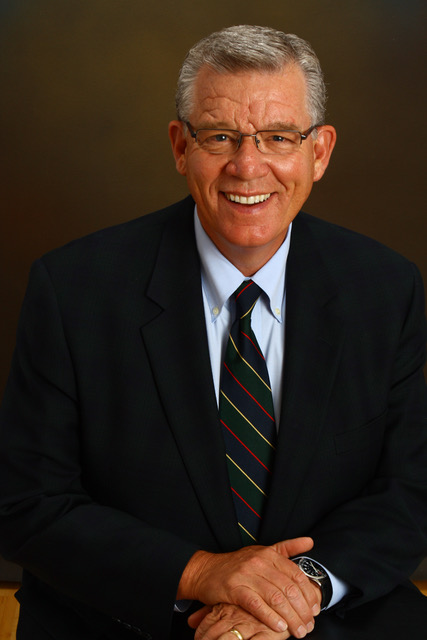I wrote recently that I finally read Augustine’s classic little paperback, On Christian Doctrine (translated by Robertson). Augustine provides a look at one challenge of the traditional, monologue sermon. He instructs his students,
“In a conversation anyone may ask questions. But where all are silent that one may be heard and all are intent upon him, it is neither customary nor proper that anyone inquire about what he does not understand. For this reason the teacher should be especially careful to assist the silent learner. [emphasis added]” (p. 134)
You can see that, in Augustine’s day, preachers didn’t engage in dialogue with their listeners. In his era, all were “silent that one may be heard and all are intent upon him.” Probably your preaching resembles that too. You preach and your parishioners listen without asking questions about what they don’t understand.
Here are some things to think about as you develop this week’s sermon(s) that will help you “to assist the silent learner”:
- As you study your preaching portion, make a list of all the questions you have of this text.
- Try to anticipate the kinds of questions that someone who has not studied as much as you might ask of that text.
- Try also to anticipate the disagreements they may have with you as you preach. One homiletician called these push-backs, contrapuntals (I knew you’d like that word!).
- During the sermon, ask your listeners questions in such a way that they know you expect them to answer. Even if you don’t expect them or necessarily want them to answer, still ask a question sincerely to help them think with you. I say that because, through the years, I’ve seen more than one preaching ask their congregants a question in such a way they knew he really didn’t expect an answer.
Our typical monologue-method on Sunday mornings presents some real problems for communicating biblical truth. Through the years I’ve found a conversational style to be more effective than the one-way method. Most of my listeners are used to monologue sermons, but appreciate the conversation.
If you find that you fit into Augustine’s mode of preaching, may our Lord receive glory in the church and in Christ Jesus (Ephesians 3:21) as you carefully assist your silent learners.
Randal










